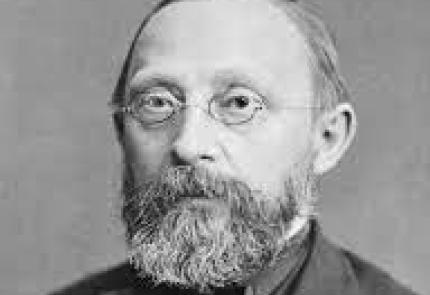However, I do not think that anyone could have anticipated the number and controversial nature of the news stories covering the rolling out of vaccines in the last few weeks.
Three issues have dominated the public and professional press – mainly concerning the Oxford University and AstraZeneca product. First, questions about its effectiveness in certain age groups (President Macron of France referring to its “quasi- ineffectiveness”); then, its safety profile was questioned in the context of very rare cranial thrombo-embolic events and; finally, the difficulties in delivering enough doses, mainly to EU countries, including the threat of export bans from the EU.
Perhaps the main story here is the differing responses to these events, particularly from the European Commission and some of its member states. Following the concerns over safety issues, 16 EU countries halted the use of the Oxford University and AstraZeneca vaccine citing the “precautionary principle”. Some of these countries have still not reinstated their rollout programmes, even after all the relevant regulatory bodies (the MHRA in the UK, the EMEA in Europe and the WHO) said that the vaccine was safe, a view reinforced by the recent large study undertaken in the USA.
Bizarrely, at the same time as the safety and effectiveness of the vaccine was being called into question, and millions of doses sat unused, the EU began a fracas with AstraZeneca because they were not delivering all the doses according to their contract.
The decision to “pause” many vaccination programmes and the resulting reduction in the vaccine rollout triggered considerable concerns among doctors, both in the UK and the affected countries. The arguments were well summarised by Stephen Griffin, associate professor in the School of Medicine at the University of Leeds, who said:
“Although reports of a small number of blood clots should be investigated, the response of many countries to halt vaccinations was disproportionate. Since many European countries are currently experiencing another resurgence of SARS-CoV-2 infections and yet are lagging behind in terms of rollout, the importance of continuing the vaccination programmes cannot be overestimated, and the harm caused by depriving people of access to a vaccine will likely vastly outweigh even the worst case scenario if any link to the clotting disorders is eventually found. It should also be noted that nationwide gestures such as this are bound to fuel hesitancy, or more extreme anti-vaccine sentiment, further undermining the vaccination effort.”
It was put more colourfully by Professor Sir John Bell, Regius Professor of Medicine at Oxford, who said that the decision was “completely crackers”.
This clash between politicians and the medical profession reminded me of an aphorism related to medicine from Rudolf Virchow, a 19th century German physician and politician.
